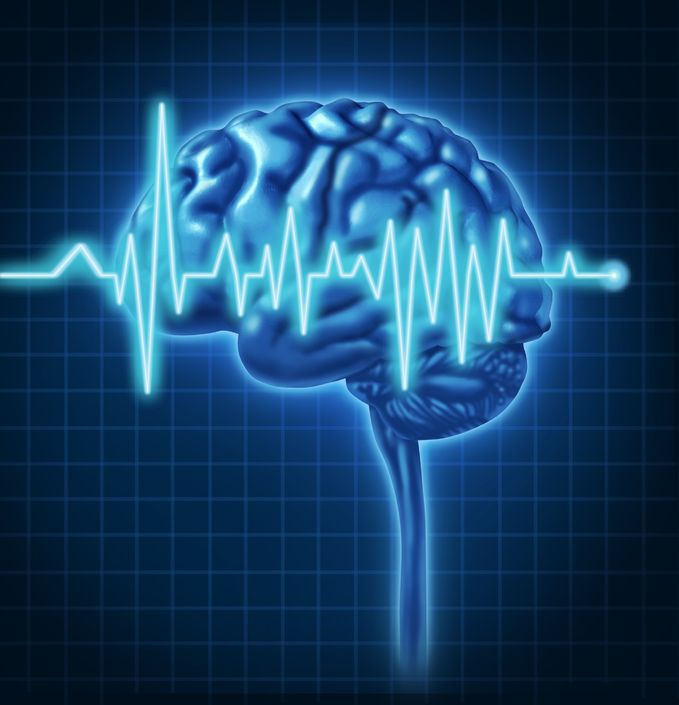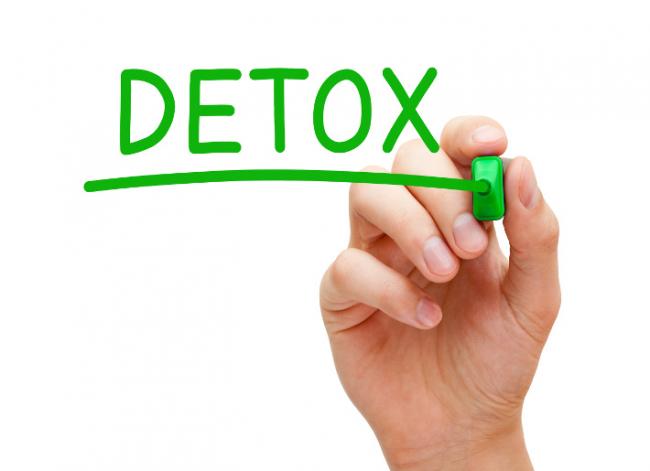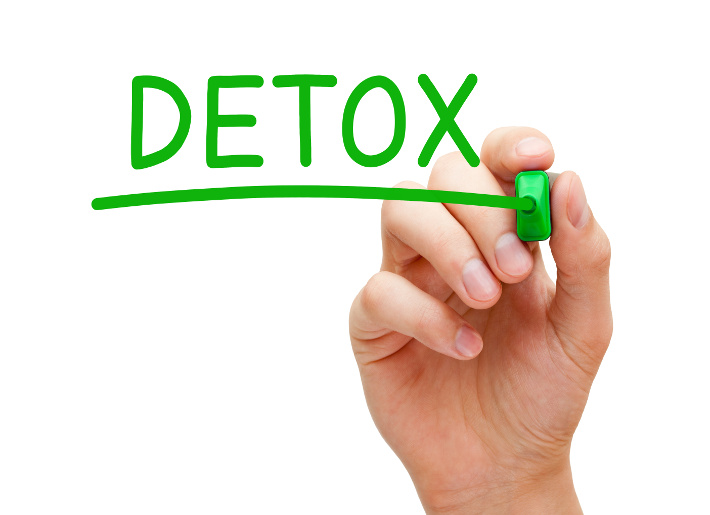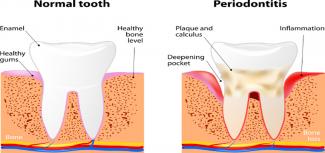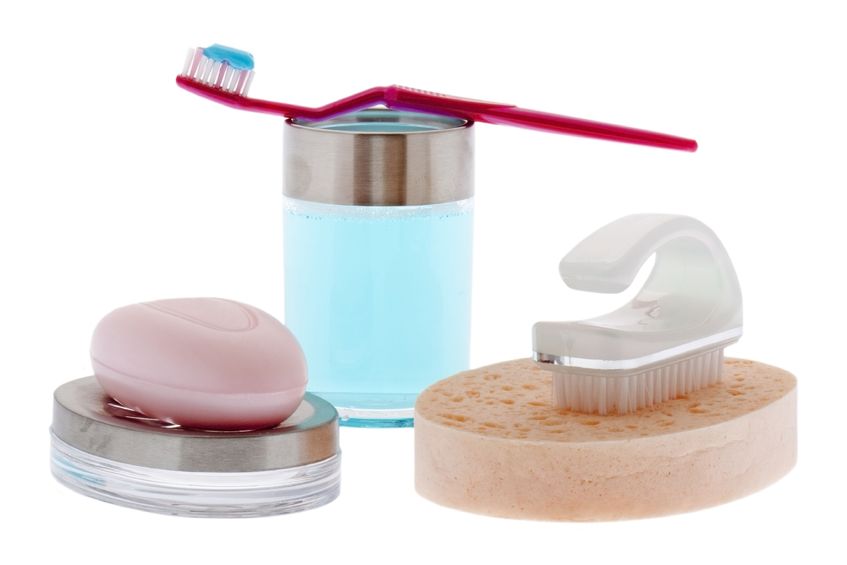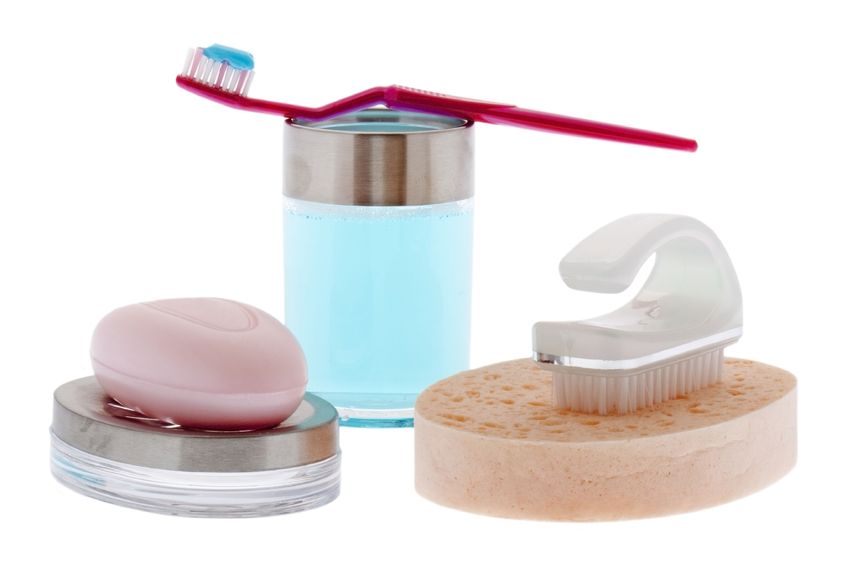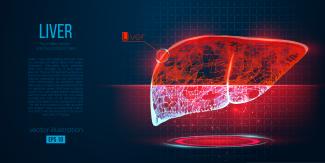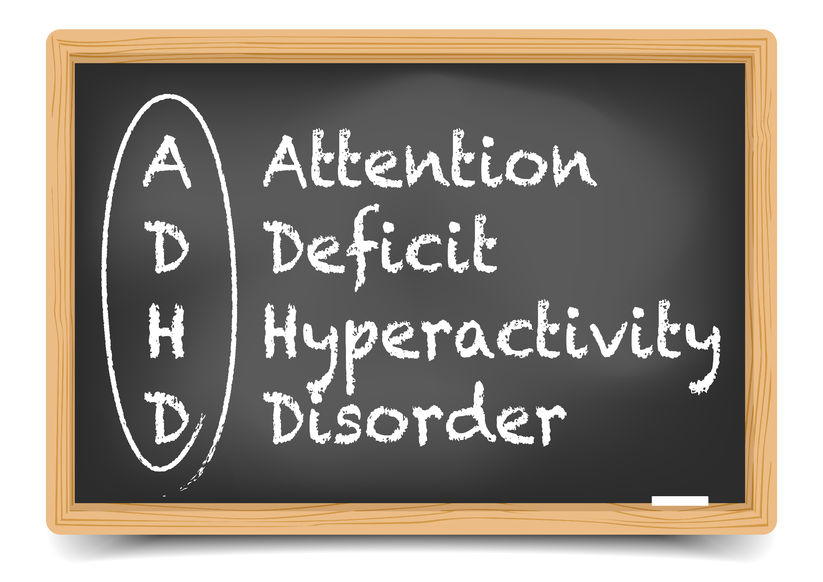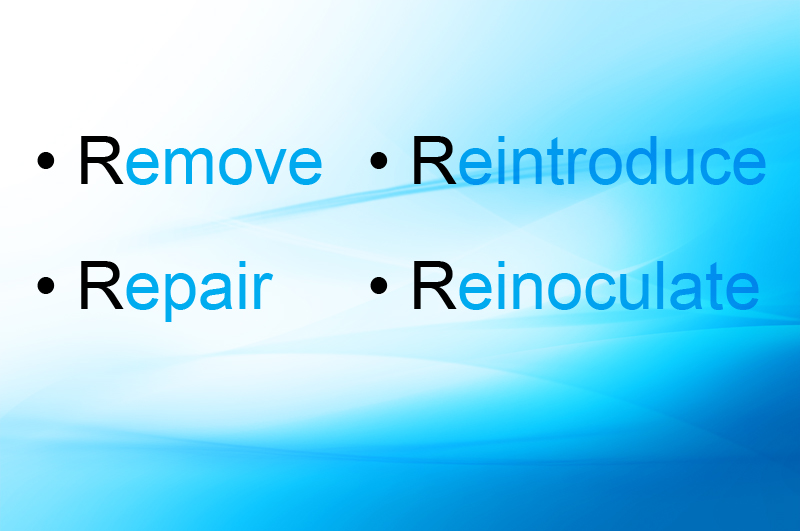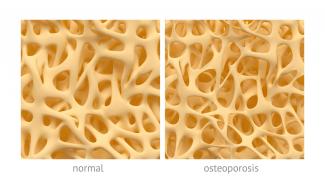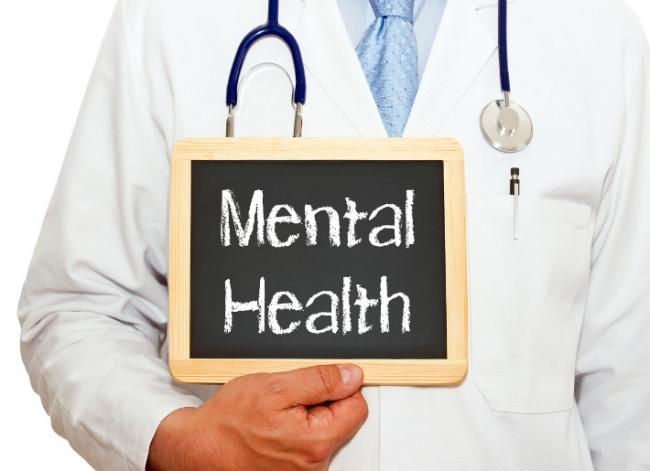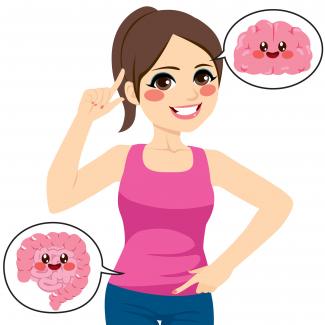Related Articles
- 28 Jan 21Advanced glycation end-products (AGEs) are compounds that are generated under hyperglycemic conditions. They could be formed endogenously, or they could be consumed from our diet. Increased presence of AGEs in the human body is associated with diverse age-related and chronic conditions...
- 12 Mar 17
- 07 May 15
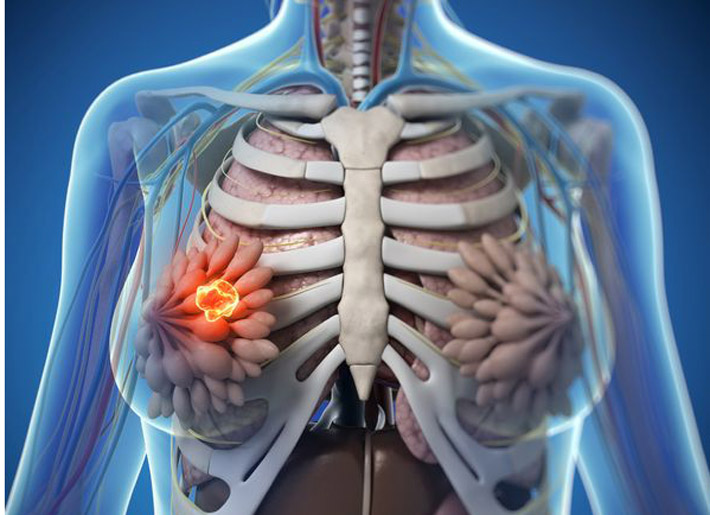 Fibrocystic breasts are characterized as ‘lumps’ or ‘cysts’ found within the breast. Fibrocystic breasts arise from estrogen predominance and progesterone deficiency resulting in hyper-proliferation of connective tissue. This condition can be either asymptomatic or present with breast nodularity, swelling, and pain.
Fibrocystic breasts are characterized as ‘lumps’ or ‘cysts’ found within the breast. Fibrocystic breasts arise from estrogen predominance and progesterone deficiency resulting in hyper-proliferation of connective tissue. This condition can be either asymptomatic or present with breast nodularity, swelling, and pain. - 06 Sep 16
- 11 Sep 14
 Detoxifying the body can be achieved in many ways. Essentially, the goal is to eliminate chemicals and environmental pollutants that place a toxic burden to our bodies that are responsible for the progression to many health concerns. Recent research has shown to find over 5 million chemicals in our environment, which have negative effects on the muscular, neurological, cardiovascular, and pulmonary systems in the body
Detoxifying the body can be achieved in many ways. Essentially, the goal is to eliminate chemicals and environmental pollutants that place a toxic burden to our bodies that are responsible for the progression to many health concerns. Recent research has shown to find over 5 million chemicals in our environment, which have negative effects on the muscular, neurological, cardiovascular, and pulmonary systems in the body - 10 Mar 17
- 03 Oct 16
- 03 Mar 14
$path = isset($_GET['q']) ? $_GET['q'] : '
';
$link = url($path, array('absolute' => TRUE));$nid = arg(1);
if ($nid == 201403){
?>download pdf
}
?>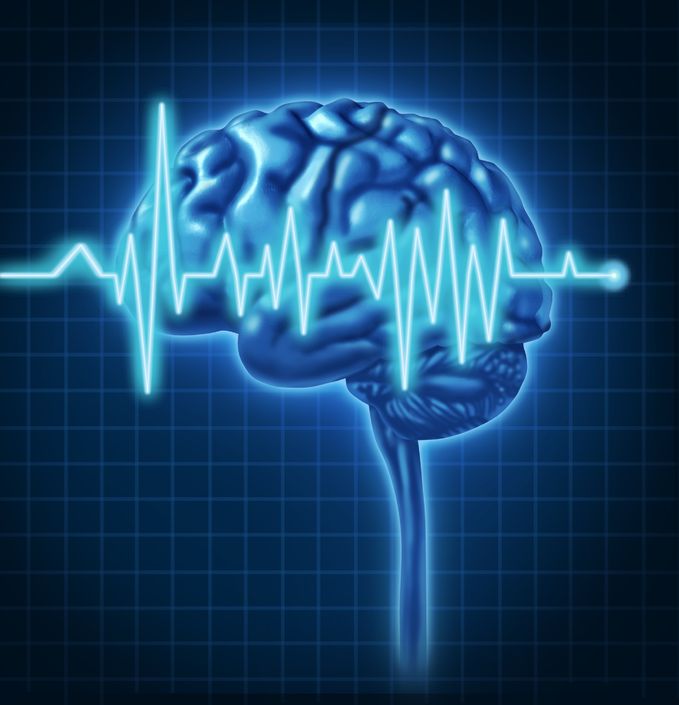 Over the last year or so, Naturopathic Currents covered several novel agents that are important with respect to mental health, including vitamin D, choline, and GABA. In this article, we discuss another up-and-coming agent: N acetylcysteine (NAC). There is a body of emerging evidence suggesting potent effects of NAC in a variety of psychiatric conditions, including depression, bipolar disorder, addiction, and schizophrenia.
11 Jul 1717 May 18
Over the last year or so, Naturopathic Currents covered several novel agents that are important with respect to mental health, including vitamin D, choline, and GABA. In this article, we discuss another up-and-coming agent: N acetylcysteine (NAC). There is a body of emerging evidence suggesting potent effects of NAC in a variety of psychiatric conditions, including depression, bipolar disorder, addiction, and schizophrenia.
11 Jul 1717 May 18Sure, dental cleaning is great for our oral health, but did you know that it can also improve the wellness of your whole body? Daily toothbrushing and flossing is crucial to maintain the health of our gums and teeth; however, this might actually be more important in pregnant women and those looking to conceive.
03 Mar 14 The number of couples experiencing infertility and/or resorting to assisted reproductive technology (ART) is on the rise. A study released in 2012 found that among Canadian couples (women aged 18–44 years), the prevalence of infertility ranged from 11 to 15%, and this was an increase compared to previous statistics. 13 Oct 1507 Aug 20
The number of couples experiencing infertility and/or resorting to assisted reproductive technology (ART) is on the rise. A study released in 2012 found that among Canadian couples (women aged 18–44 years), the prevalence of infertility ranged from 11 to 15%, and this was an increase compared to previous statistics. 13 Oct 1507 Aug 20The body’s ability to detoxify uses several organs such as kidneys, the liver, the skin, bowels, and the lymphatic system. The liver involves phase 1 and phase 2 enzymes.
06 Sep 1603 Feb 15 As naturopathic doctors, we look at all aspects of an individual’s health. We consider their current health status and look at how they can improve their health. We also investigate risk factors that could affect their current level of health. We know of some of these risk factors: a diet high in processed foods, lack of exercise, stress, smoking, alcohol consumption, just to name a few.05 Jun 1706 Nov 14
As naturopathic doctors, we look at all aspects of an individual’s health. We consider their current health status and look at how they can improve their health. We also investigate risk factors that could affect their current level of health. We know of some of these risk factors: a diet high in processed foods, lack of exercise, stress, smoking, alcohol consumption, just to name a few.05 Jun 1706 Nov 14 Attention Deficit Hyperactivity Disorder (ADHD) is a common neurological concern. The estimated prevalence in children is approximately 5.29% worldwide. A Dutch study found that 70% of these children may continue to be affected as adults.[2] Some features of ADHD include: increased inattention, impulsivity, and hyperactivity.03 Dec 14
Attention Deficit Hyperactivity Disorder (ADHD) is a common neurological concern. The estimated prevalence in children is approximately 5.29% worldwide. A Dutch study found that 70% of these children may continue to be affected as adults.[2] Some features of ADHD include: increased inattention, impulsivity, and hyperactivity.03 Dec 14 Autism is a neurodevelopmental and biologically based disorder that falls within the category of pervasive developmental disorders.[1] Some consider it to be the most severe type of spectrum disorder.[2] Autism spectrum disorders include autism, Asperger syndrome, pervasive developmental disorder (not otherwise specified), childhood disintegrative disorder, and Rett syndrome.07 Jul 17
Autism is a neurodevelopmental and biologically based disorder that falls within the category of pervasive developmental disorders.[1] Some consider it to be the most severe type of spectrum disorder.[2] Autism spectrum disorders include autism, Asperger syndrome, pervasive developmental disorder (not otherwise specified), childhood disintegrative disorder, and Rett syndrome.07 Jul 17Due to the worldwide prevalence of farm workers dying or becoming ill, thus unable to work and support their family, the scientific community has begun taking a closer look at what is causing the disease and illnesses affecting them. All along, the pesticide manufacturers have been doing their own testing, but independent laboratories started doing tests to find out just how toxic these chemicals really are.
09 Mar 15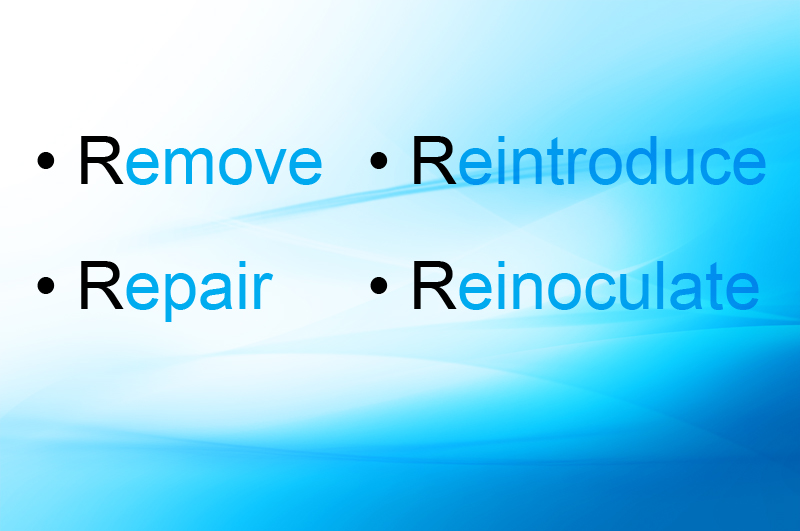 In order to effectively optimize your digestive health, it is imperative that you approach this systematically to ensure long-term results. My four-tiered approach to optimal health is to Remove any possible triggers causing the digestive disturbance in the first place, Repair the intestinal lining, challenge the digestive tract by Reintroducing different food groups and observing the body’s reaction to identify possible food sensitivities, and Reinoculate the healthy bacteria in order to support the body’s immune system and maintain digestive function.
In order to effectively optimize your digestive health, it is imperative that you approach this systematically to ensure long-term results. My four-tiered approach to optimal health is to Remove any possible triggers causing the digestive disturbance in the first place, Repair the intestinal lining, challenge the digestive tract by Reintroducing different food groups and observing the body’s reaction to identify possible food sensitivities, and Reinoculate the healthy bacteria in order to support the body’s immune system and maintain digestive function.
Newsletter
Most Popular
- 17 Jun 13
- 17 Jun 13
- 17 Jun 13
- 01 Jul 13
- 17 Jun 13
- 17 Jun 13
- 17 Jun 13
- 01 Jul 13
- 17 Jun 13
- 17 Jun 13
- 17 Jun 13
- 01 Jul 13















